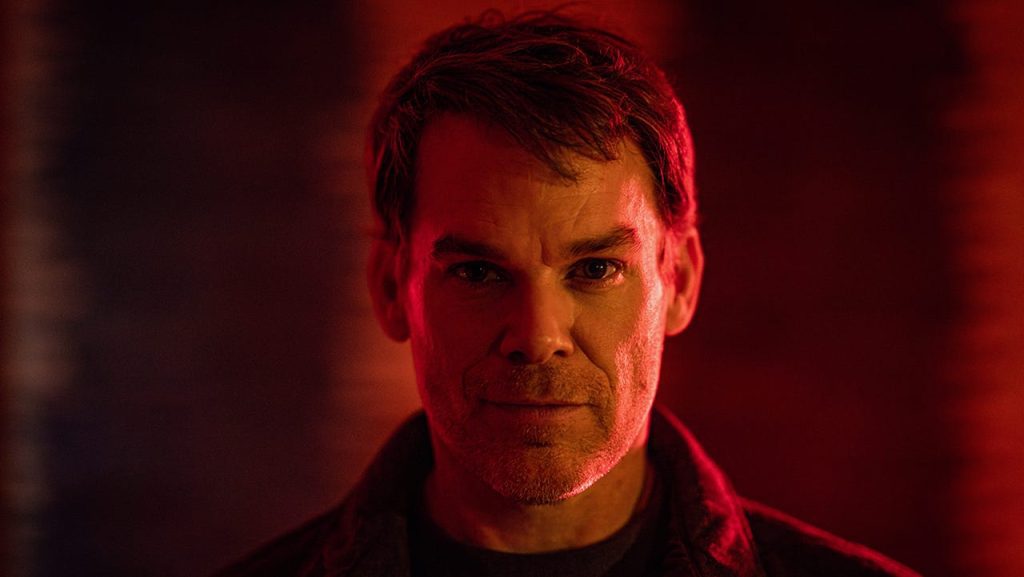This is a non-spoiler advance review for the first four episodes of Dexter: Resurrection, premiering July 11, 2025, with two episodes available on Paramount+.
Reviving Dexter
Following a couple of successful spin-offs that skillfully addressed the unsatisfactory series finale without disregarding the original show’s shortcomings, Dexter: Resurrection presents a fresh motive to revisit these characters. This enjoyable continuation of the serial killer saga aligns well with last year’s unexpected prequel, Dexter: Original. It acknowledges both the highs and lows of Dexter Morgan’s (Michael C. Hall) journey—a remarkable feat in itself.
Returning to Form
The return of original showrunner Clyde Phillips for New Blood, Original Sin, and now Resurrection significantly contributes to the tone matching that of the earlier seasons. The series lives up to its title, as Dexter, who narrowly escaped death in New Blood, must navigate life without a disguise. The character of Angel Batista—now formally Captain, once again portrayed by David Zayas—has legally reinstated Dexter. Has he, however, also resurrected the notorious Bay Harbor Butcher?
A New Purpose
The first episode methodically explores the various implications of this resurgence. On the surface, it’s about Dexter’s recovery from a near-fatal injury and his musings on whether he deserves to live. More covertly, it raises a pivotal question: “Why continue?” Interestingly, it offers a thoughtful response. Drawing on Original Sin and its flashbacks to Harry’s relationship with Dexter’s mother, Laura, Dexter now aims to guide his son, Harrison (Jack Alcott), mirroring how Harry once helped him. With their relationship transformed post-New Blood, Dexter decides to monitor Harrison’s actions discreetly, perhaps even developing genuine empathy after decades.
New Challenges
As the narrative unfolds, Dexter grapples with the temptation to return to his murderous ways amidst a bizarre subplot involving a wealthy individual who “collects” serial killers as dinner guests. Dexter’s self-sabotage brings him into contact with an array of notable guest stars, including Peter Dinklage and Uma Thurman, as he relocates to New York City—an overused setting, yet one that invigorates Dexter’s story.
Legacy and Justice
Dinklage’s character, Leon Prater, compels reflection on Dexter’s legacy, as the Butcher is both infamous and revered in a world filled with killers. Alongside this exploration, Batista emerges as a compelling “catch Dexter” antagonist, seeking justice for his lost friends and loved ones. His presence evokes relief rather than dread, supported by another investigator played by Kadia Saraf, making Batista an unexpected hero in Resurrection.
Looking Ahead
New Blood teased the possibility of Dexter’s death, something that many longed for during the disappointing final seasons. Four episodes into Resurrection, hints suggest a potential reckoning for Dexter—possibly facing accountability for his actions. This aligns well with the themes from Original Sin, where Dexter and Batista first became co-workers and friends.
A Strong Start
Everything from New Blood remains intact, with Harrison becoming a vital character who has learned the “code” but lacks a guiding presence. The motivation and plot are cohesive, significantly improving upon the latter seasons. While Dexter retains some familiar tropes, such as his inner monologues and improbable coincidences, the show manages to deliver a compelling narrative that appeals to long-time fans.



